

Connected Smart Healthcare
Med-A, advanced medical warning analyser on board
Med-A, advanced medical warning analyser on board
Med-A, advanced medical warning analyser on board
MED-A aims to improve the lives of millions of people dealing with health problems who are worried, or prevented from, driving due to their illness.
MED-A: a vehicle-integrated device allowing a driver to be:
– informed of a medical alert that may affect his driving,
– assisted by the driving aids available in the vehicle,
– automatically rescued in the most serious cases,
if the driver or an occupant is wearing one or more medical devices.
MED-A aims to improve the lives of millions of people dealing with health problems who are worried, or prevented from, driving due to their illness.
MED-A: a vehicle-integrated device allowing a driver to be:
– informed of a medical alert that may affect his driving,
– assisted by the driving aids available in the vehicle,
– automatically rescued in the most serious cases,
if the driver or an occupant is wearing one or more medical devices.
Nowadays when faced with illness, every one of us wonders:
“ Can I still drive? ”
Nowadays when faced with illness, every one of us wonders:
“ Can I still drive? ”
Nowadays when faced with illness, every one of us wonders:
“ Can I still drive? ”
These are some everyday examples:
These are some everyday examples:
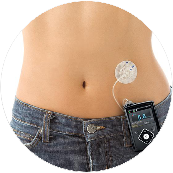
“I am 18 years old. I am diabetic and use an insulin pump but sometimes I have severe hypoglycemia. I want to get my driving license but I don’t know if my condition will prevent me from driving safely…”

“I am 18 years old. I am diabetic and use an insulin pump but sometimes I have severe hypoglycemia. I want to get my driving license but I don’t know if my condition will prevent me from driving safely…”
“I am 23 years old. I have suffered with epilepsy since childhood but recently I’ve had 3 seizures in a row. I have been offered a vagus nerve stimulator to control my disease. It takes me one hour every morning and evening to drive to work…”
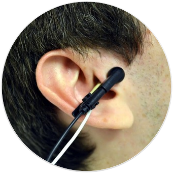

“I am 23 years old. I have suffered with epilepsy since childhood but recently I’ve had 3 seizures in a row. I have been offered a vagus nerve stimulator to control my disease. It takes me one hour every morning and evening to drive to work…”
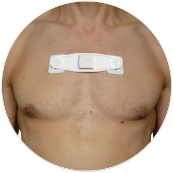
“I am 70 years old. I live alone and fly a small plane in my spare time. I have fainted in my bathroom and I had a subdermal recorder implanted to see if I have a heart rhythm problem…”
“I am 55 years old. My vision has become blurred and I have been diagnosed a high blood pressure, I am monitoring myself with an automatic tensiometer because the treatment is only fully effective after a couple of weeks…”
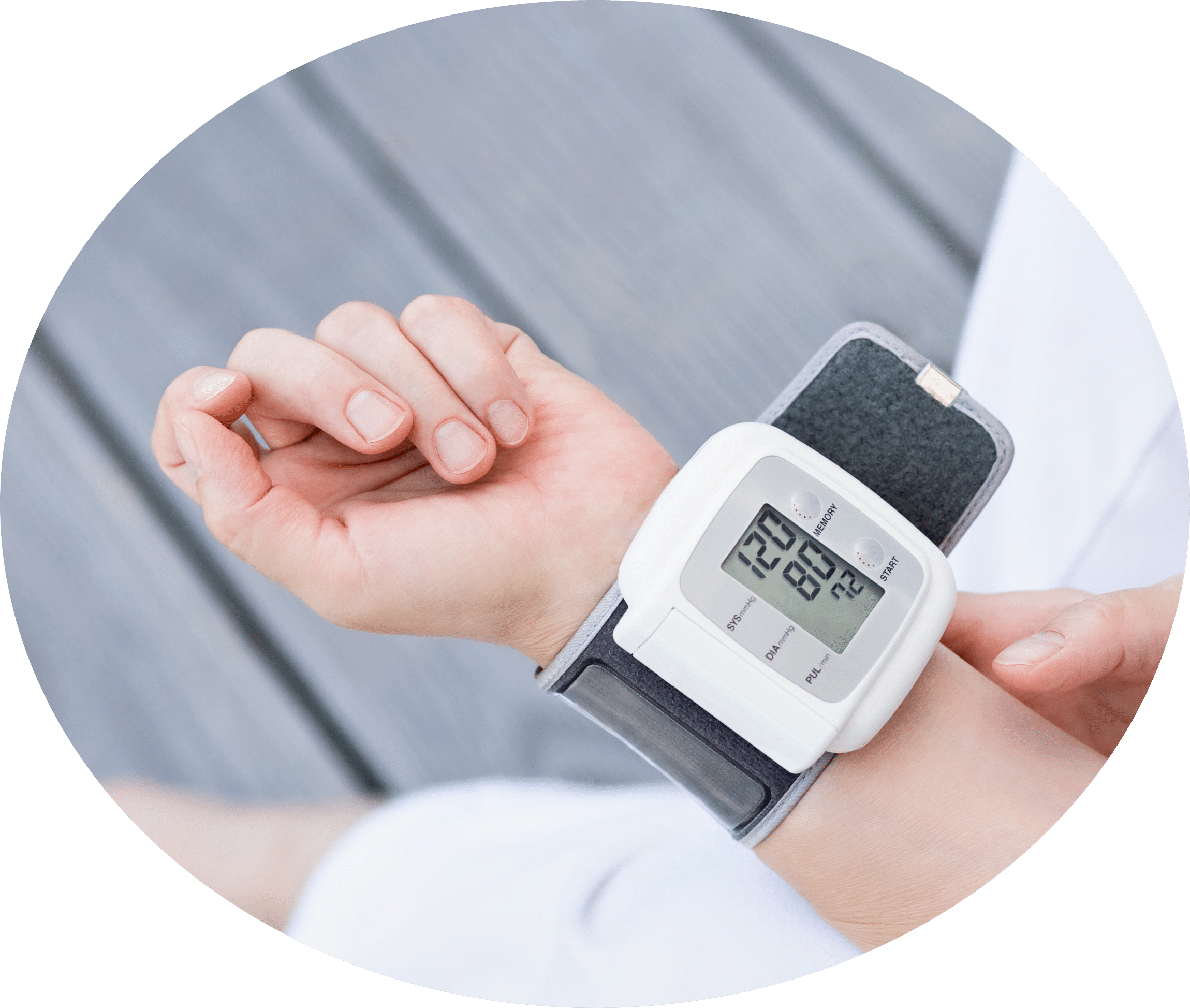

“I am 55 years old. My vision has become blurred and I have been diagnosed a high blood pressure, I am monitoring myself with an automatic tensiometer because the treatment is only fully effective after a couple of weeks…”
Medical devices have become key components in healthcare.
But Mobility remains a source of risk and concern.
These cases are multiplying as the world’s population ages while becoming increasingly mobile.
Medical devices detect, diagnose, treat and reassure: improving the health and autonomy of millions of people.
But we also live in a « zero risk » society where the desire to avoid the slightest danger leads to strict, poorly-received restrictions which are sometimes circumvented at everyone’s risk.
These cases are multiplying as the world’s population ages while becoming increasingly mobile.
Medical devices detect, diagnose, treat and reassure: improving the health and autonomy of millions of people.
But we also live in a « zero risk » society where the desire to avoid the slightest danger leads to strict, poorly-received restrictions which are sometimes circumvented at everyone’s risk.
We are all affected directly or indirectly as everyone will use a medical device temporarily or permanently during their lifetime.
What is the solution?
Med-A !
What is the solution?
Med-A !
What is the solution?
Med-A !
The patented solution provided by the MED-A device perfectly meets the needs of todays and tomorrows world by linking health devices and means of transport.
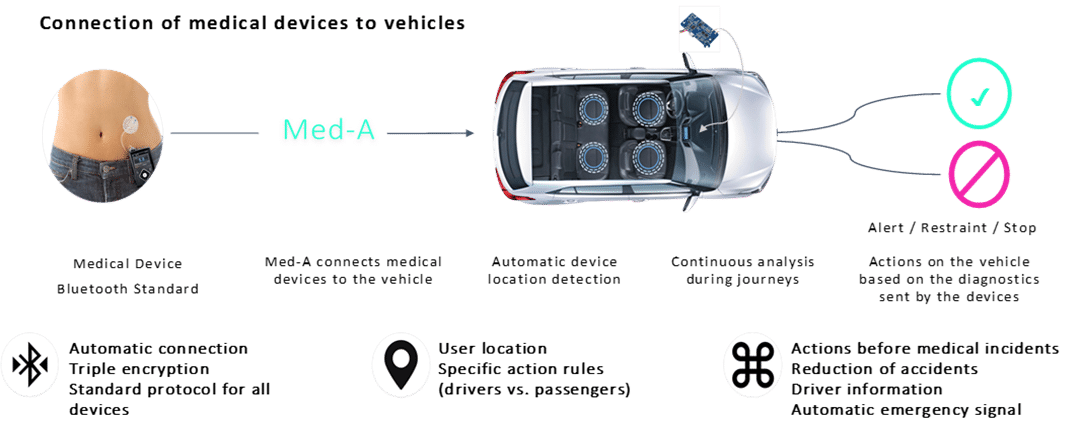
The patented solution provided by the MED-A device perfectly meets the needs of todays and tomorrows world by linking health devices and means of transport.





